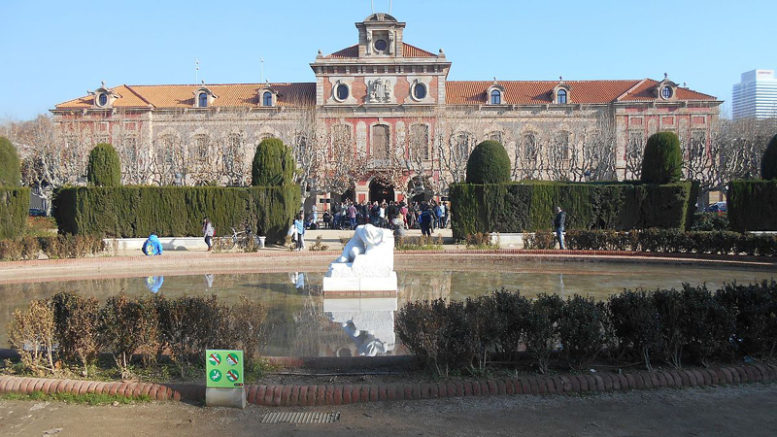► Deputies must select a new President, or face a re-run of regional elections ►
What happens now that Catalans have voted for a new government? First, all elected deputies in the newly elected Parlament must take possession of their certificate of election, either in person or by power of attorney.
That poses no real problem for the five newly elected legislators belonging to pro-independence parties, including former Catalan President Carles Puigdemont, who are in self-imposed exile in Brussels, where they fled in late-October to avoid prosecution in Spain for having broken the law in their alleged roles in staging the illegal 1st October independence referendum. Three other pro-independence deputies, including ERC leader Oriol Junqueras, are currently in preventive prison near Madrid for their roles in the independence process. But, all eight can take possession of their acta de diputado by power of attorney proxy.
Next, because Spanish electoral law says that the Catalan Parlament must be formed within 20 working days of the election, or no later than 23rd January, Spanish President Mariano Rajoy, as acting head of the Catalan government during the current period of direct rule from Madrid, fixes the date of the inaugural session.
At the inaugural session of Parlament on 23rd January or before, deputies vote to elect the members of the Mesa Directiva (Executive Committee) and the President of the Parlament. But, under current parliamentary rules, the eight absent deputies do face a problem in that they cannot vote remotely or by proxy in the selection of either the Mesa or President of the regional parliament.
Once the new Mesa is elected it could amend the rules to allow them to vote remotely or by proxy in subsequent balloting, but unless they successfully petition Spain’s Supreme Court to allow them to take part in the initial Mesa election, they are disqualified from participating. This could present an obstacle to pro-independence parties’ bid to obtain a majority of seats on the Mesa, which has crucial control over setting the agenda of day-to-day business in the new Parlament.
Once elected, the members of the new Mesa meet and decide on a date to celebrate an investiture debate to choose the next regional President of Catalonia. This vote must take place within 10 working days of the inaugural session of the Parlament, or no later than 6th February. If the candidate or candidates do not win a 68-vote majority of the 135 seats in the parliament, then a second vote will take place two days later at which only a simple majority of all deputies present and casting votes is required to win election.
If the legislators still fail to elect a new President on the second vote, then the Parlament has two months of negotiation from the day of the first vote to select a compromise candidate as President, who must then be voted into office no later than 7th April. If no candidate is elected President by that date, then the Catalan parliament is automatically dissolved and a new election cycle begins, with Rajoy having to schedule new regional elections within 40-60 days.
► Read More in Spanish at El País, Europa Press and El Periódico …
RELATED STORY: Read Progressive Spain’s breakdown of Catalan election results …


